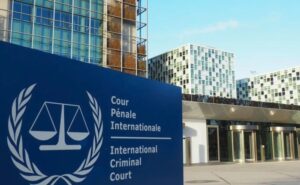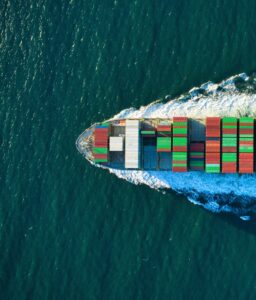The new measures, approved on the eve of a possible face-to-face meeting between Putin and Zelensky, focus mainly on Moscow’s “ghost fleet,” effectively extending the restrictions already in place to more vessels, individuals, and entities linked to the Kremlin’s war effort.
The ambassadors of the 27 member states finalized the 17th package of sanctions against Russia, which are now to be adopted by the Foreign Affairs Council early this week. However, the restrictive measures — which Brussels sees as a response to Vladimir Putin‘s rejection of the ceasefire proposed by Volodymyr Zelensky and Ukraine’s Western allies– do not seem particularly harsh, at least according to member states advocating a stronger approach toward Moscow.
Foreign Ministers of the 27 member states should give their formal approval as of today.
The measures were packaged exactly a month after being put on the table by the head of EU diplomacy, Kaja Kallas. The High Representative has long advocated the need to tighten further the 12-star sanctions regime against the Federation (the latest package, the 16th, dates back to late February) to maintain high pressure on the Kremlin. “Sanctions drain Russia’s war chest,” she wrote on X, greeting today’s approval at Coreper.
The target of the sanctions approved today is once again the Kremlin’s so-called “ghost fleet.” They strike almost 200 new ships with which the Federation circumvents the oil embargo imposed by the West while continuing to export crude oil around the world, bringing the blacklist of ghost vessels to over 350.
Furthermore, it strikes 75 individuals and companies involved in various capacities in the Russian military-industrial complex and some thirty companies that, according to the EU, continue to supply Moscow with dual-use goods and technologies (civilian and military). Finally, the package banned the export of certain chemicals used to produce missiles to the Federation.
You can read further information here.







